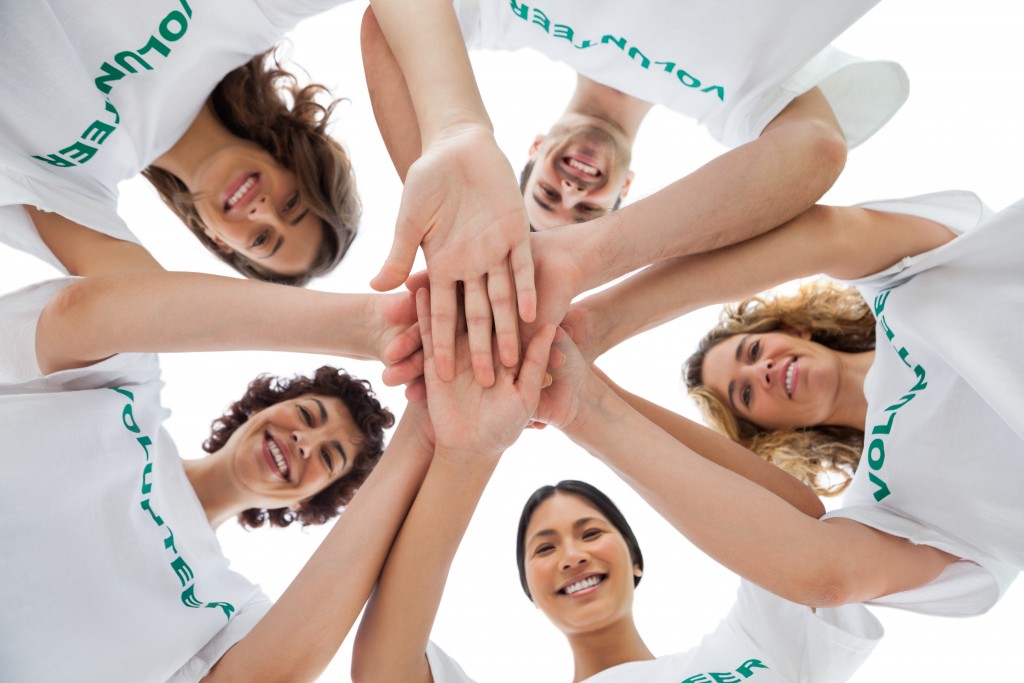The current pandemic has revealed how much people could do to help their communities. Despite its dire effect on the larger economy, many people have mobilized not only to drive donations but also to volunteer their services as frontliners.
Many professional nurses and doctors in the United Kingdom have succumbed to COVID-19. Though their losses are palpable, many have been moved to volunteer to continue the battle to contain the virus. Part of the government’s recovery plan includes ensuring that the National Health Service (NHS) has sufficient numbers of medical professionals and health specialists who could deal with the number of patients. Part of it could include expanding government recruitment services, but it also relies on volunteers.
Volunteering in the UK
The UK government encourages people to volunteer, but safety has been their paramount concern, and they created a guideline on how people could volunteer and help their local community.
The government encourages people to support or donate to food banks to distribute and deliver food to several hunger-relief charities. People who want to donate food or make deliveries are welcome to join. Many people in marginalized areas are unable to buy basic supplies; joining a food bank’s efforts will be a great help to many in dire need.
There are also beauty banks, organizations that help provide hygiene products to homeless people and shelters. If you can donate soap and shampoo or provide a service (such as cut hair or shave), these organizations restore the dignity of many homeless people, especially at a time like this.
Volunteerism Across the Globe

If you wish to volunteer where you can provide the most help, the government encourages people to see a list of remote volunteering opportunities. But it’s not only in the UK where volunteers are seen as a major support to frontliners and their communities. Many volunteer organizations from across the world are mobilizing and giving what they can to help their communities and countries.
The United Nations has mobilized its volunteer group to deliver food and share information. In countries like Kazakhstan, Russia, and Moldova, the United Nations Volunteers (UNV) help people in rural and marginalized areas where information and medical aid might be sparse.
Mostly these volunteers provide information and medical care to these communities. They provide legal and community support to many people who might not have access to basic health care. They also help governments on contact tracing and to provide continuous support under quarantine.
The UNV often looks for skilled professionals to aid their efforts in this pandemic. Usually, these volunteers might be required to travel to certain areas, but mostly they are required to telecommute. They encourage health professionals, sanitation experts, health management experts, and other non-health professionals who could help with data systems and logistics to join.
The pandemic is far from over, and now more than ever, governments and communities have the power to mobilize individuals and encourage them to make their contributions to save the world. You don’t need to join the army, or even work for the government, or even be a doctor. You only need to volunteer your time and effort to someone.

